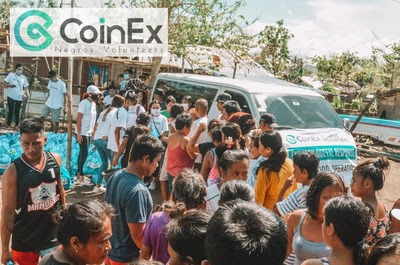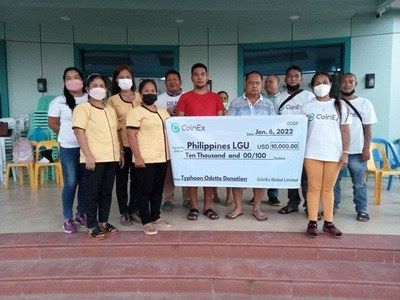 Honourable Minister, dear colleague,
Honourable Minister, dear colleague,
It is a great pleasure and honour to welcome you to Athens, in your first bilateral visit abroad after taking up your appointment.
Of course, last week we had the opportunity to travel to Brest, France, in order to participate in the informal meeting of the EU Foreign Ministers.
I am not going to bring forward anything new if I recall that you are one of the most experienced serving Ministers of Foreign Affairs. In fact, together with our colleague from Luxembourg, Jean Asselborn, you are, if you will allow me, the “Wise Old Men” of our European family.
I would like to assure you that the Greek government, the Mitsotakis government and I personally are continuing our full support for achieving a viable and just solution to the Cyprus issue.
A solution based on the relevant UN Security Council Resolutions and, of course, fully compatible with the European acquis, namely, a bi-zonal, bi-communal federation.
I am certain that together we will continue the excellent cooperation and perfect coordination that I had with your predecessor, Nikos Christodoulides.
Today also, allow me to say, Minister, it was a day of special significance for us. A short while ago we watched together the new Rafale jets acquired by the Hellenic Air Force flying for the first time.
These most advanced aircrafts will contribute substantially to the safeguarding and defence of Hellenism and it was with particular pleasure that we watched them together flying for the first time over Athens, over the Parthenon.
These aircraft signify the strong ties, but also the strategic relationship of Greece with France.
Again I am not going to bring forward anything new if I reiterate that Turkey is unfortunately continuing with its provocative actions, violating the sovereignty and sovereign rights of both Greece and the Republic of Cyprus.
One of the most recent examples was the harassment, yet again, of a research vessel conducting legitimate research. Unfortunately, these actions are combined with the escalation of aggressive rhetoric which is also directed against specific persons, a rhetoric that calls into question the achievements of decades.
And it is this conduct, which is not acceptable, that we will continue to expose in the clearest terms to our European colleagues and to all international fora.
At the same time, however, we reiterate, as I would like to reiterate today on the occasion of our meeting, our intention to engage in a sincere and constructive dialogue with Turkey, within the institutionalized frameworks, under the essential prerequisite, of course, of respect for International Law and the International Maritime Law.
Our close cooperation however, dear Minister, is not and should not be limited to a single issue.
I look forward to continuing the excellent cooperation between Greece and Cyprus in the wider European framework, in the broad range of issues we face within the Union; also in addressing common challenges, the Conference on the Future of Europe, the Pact on Migration and Asylum, for instance.
Your personal experience, as you have played an active role in the accession of the Republic of Cyprus to the European Union, as well as your many years of service in the European Parliament, will constitute a particularly useful asset in our effort.
Also, our common goal is to consolidate and strengthen our trilateral and multilateral cooperation as well.
Our cooperation with other countries in the region, starting with Egypt and Israel, has expanded and now covers a wide geographical range.
I would like, especially today on the occasion of your presence here, to refer to the 3 + 1 format between Greece, Cyprus, Israel and the USA. This partnership is a milestone of multilateralism in the region, as the United States participates as our strategic partner.
Multilateral schemes started with the exchange of views on issues of common interest, but have developed into a framework for establishing strategic thematic relationships. They cover the areas of energy, transport, civil protection, tourism and, of course, developments in the wider Mediterranean region.
Besides, today we had the opportunity to exchange views on the wider region, on the Middle East, but also, of course, extensively on the Balkans.
As is known, I will travel to Croatia the day after tomorrow. The Prime Minister, Mr. Mitsotakis, will be in Belgrade on January 28. He will also meet with the Croatian Prime Minister. There is a lot of work to do regarding the Balkans and we are extremely concerned about the situation in Bosnia and Herzegovina.
With regard to the Gulf, I would like to emphasize today, on the occasion of your visit, that Greece stands in solidarity with its strategic ally in the region, the United Arab Emirates.
And it condemns in the most categorical terms the attack against the UAE.
Finally, we discussed our cooperation within the framework of the United Nations. As everyone knows, Greece has formally presented its candidacy for a non-permanent seat in the UN Security Council for the 2025-2026 term. And I would like to express my satisfaction with the positive reactions we receive to our candidacy.
We intend to promote a positive agenda in the context of this candidacy as well, in order to address common challenges, such as the impact of climate change and the migrant/refugee issue.
However, in conclusion, I would like to say that the guiding principle to this effort, as in any other effort of the Hellenic Republic, has always been the commitment to International Law, the promotion of good neighbourly relations and full respect for the provisions of the United Nations Charter.
Dear Minister, welcome to Athens today. Thank you so much for your visit.


